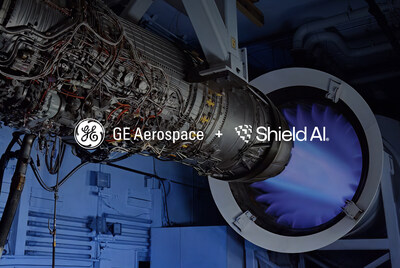
XPeng is making a difference in the electric vehicle market with its Robotaxi service.


XPeng's shares listed on U.S. exchanges rose in pre-market trading on Wednesday, following the announcement that the Chinese electric vehicle manufacturer will establish a partnership with e-commerce giant Alibaba and digital mapping unit Amap to launch a new robotaxi service.
Amap, a competitor to Google Maps, stated that XPeng's driverless vehicles will be integrated into its mapping platform.
XPeng had previously announced that it would introduce three versions of its self-driving taxis and begin trials next year. The company also plans to collaborate with Amap to create a global service network for autonomous taxis. However, no specific timeline was provided for this process.
If successful, XPeng will become the first Chinese electric vehicle manufacturer to launch its own robotaxis developed with proprietary software and hardware. This will differentiate XPeng from competitors like WeRide, Pony AI, and Baidu's Apollo Go, which collaborate with automakers for driverless vehicle production.
In an interview with the Wall Street Journal, XPeng Vice President Brian Hongdi Gu stated that if plans proceed as intended, robotaxis could be operational by 2026. The service is expected to be primarily in China, but Gu indicated that it could also expand to international markets.
Gu emphasized that Nasdaq-listed XPeng aims to integrate its hardware and software capabilities, arguing that this is a crucial step for making robotaxis more prevalent in commercial markets. He stated that a company specializing in only one area cannot produce robotaxis at scale.
XPeng will use its in-house developed Turing chips in its robotaxis. These processors are claimed to have higher computational power compared to others on the market and are cheaper than Nvidia chips, which many Chinese robotaxi players are said to use.
.png)
Yakında Tüm Platformlarda
Sizlere kesintisiz haber ve analizi en hızlı şekilde ulaştırmak için. Yakında tüm platformlarda...




.png)